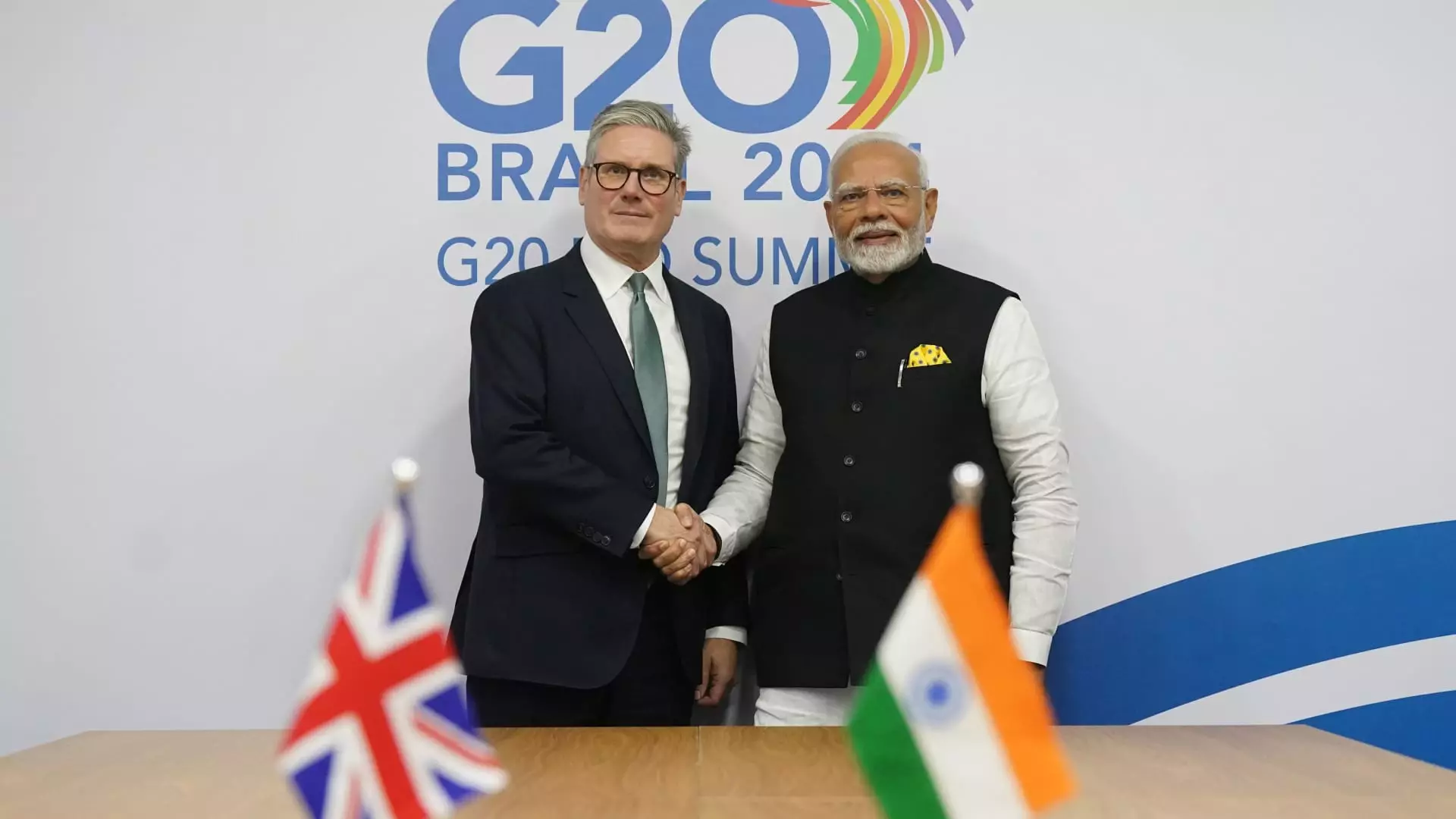The United States’ strategic pivot away from the G20 in the upcoming year signals more than mere bureaucratic restructuring — it exposes a troubling shift towards unilateralism that undermines the very foundations of global economic stability. Given the complex, interconnected nature of today’s global challenges, retreating from multilateral institutions like the G20 is not only shortsighted but potentially catastrophic. It reveals a deeper, more worrying trend: a refusal to bear the responsibility that comes with leadership in a world that desperately needs cooperation, not further fragmentation.
The decision by the Trump administration to drastically streamline its participation in the G20 is driven by a misguided obsession with returning to “core functions.” However, these core functions—primarily focusing on financial stability—cannot be divorced from the broader issues of climate change, global health, and sustainable development that are intrinsically linked to economic security. The belief that reducing engagement will enhance efficiency is naive at best; at worst, it’s a self-interested move to divert attention from the United States’ own reckless policies that have exacerbated global instability.
U.S. Skepticism Undermines Global Credibility
The withdrawal from the G20’s multilateral efforts, especially the sidelining of climate finance and health initiatives, reflects a dangerous skepticism toward international cooperation. This skepticism is rooted in nationalist populism that prioritizes short-term gains over long-term stability. It carves a path away from the multilateral consensus that historically balanced the uneven economic terrains of the 21st century. When the U.S., the largest economy and the nation that helped establish the G20, begins to retreat from its responsibilities, it sends a damaging signal to allies and adversaries alike: that global common interests are secondary to domestic political considerations.
Such actions diminish the legitimacy of the G20 as a forum. It becomes increasingly difficult to present this group as a comprehensive and effective platform for addressing pressing issues when one of its most influential members signals disinterest in multilateral engagement. This erosion of credibility could embolden other nations—particularly China, Russia, and emerging economies—to follow suit, further dismantling the already fragile architecture of global governance.
The Consequences of a Narrowed Focus
A streamlined G20, focused narrowly on its “core” financial functions, risks sacrificing the capacity for meaningful dialogue on critical issues that transcend economics. Climate change, public health crises, and sustainable development are the defining challenges of our era. Ignoring them in pursuit of a reduced agenda may seem practical to some but is fundamentally shortsighted. These issues are inextricably linked to economic stability; ignoring them means ignoring the root causes of future crises.
Furthermore, the U.S. move is poised to cede leadership in global economic governance to other countries, particularly China, which has already demonstrated a willingness to wield influence in multilateral forums. Without U.S. engagement, the G20’s effectiveness will suffer, and the world’s most vulnerable populations will bear the brunt of this erosion. Developing nations rely heavily on multilateral support for debt relief, health initiatives, and climate resilience projects. Under US leadership, these efforts risk being sidelined or politicized, reducing the G20 to a mere shell of its former self.
The Risks of Self-Interest Masked as Pragmatism
It is tempting to view America’s retreat as pragmatic—simplifying a complex process to ensure efficiency. However, this perspective ignores the larger implications. Dominating global governance through exclusivity, or seeking unilateral benefits at the expense of collective well-being, reflects a decidedly narrow and self-serving ideology. It fosters division rather than cooperation, risking the loss of the delicate diplomatic channels that have historically diffused conflicts and fostered development.
This attitude is particularly problematic in the wake of global crises that require coordinated responses. The COVID-19 pandemic and the ongoing climate emergency have demonstrated the necessity of international solidarity. By pulling back, the U.S. not only abdicates its moral responsibility but also hampers its ability to influence positive change. Instead of leading by example, it appears to prefer retreat, leaving the world to manage its most pressing problems without its guidance.
Implications for Democratic Values and International Stability
At its core, this retreat signifies a deeper disillusionment with multilateral democracy. It promotes a transactional view of international relations that favors short-term gains over shared progress. This attitude threatens the very fabric of democratic institutions that rely on global cooperation for effective policymaking.
The consequences extend beyond economics. Diplomatic relations become strained, conflicts risk exacerbation, and a fragile global order risks further destabilization. For those committed to fairness, justice, and international responsibility, the U.S. shift away from the G20 is a sobering reminder of how domestic political chaos can ripple into global instability. It is a stark warning that neglecting multilateralism in favor of nationalism and unilateralism weakens the collective capacity to address issues that know no borders.
In essence, the U.S.’s current approach to the G20 exemplifies a dangerous trend: an erosion of global solidarity driven by insular interests. While focusing on core financial functions may seem like a sensible reform, in reality, it signifies a retreat that could weaken the very global institutions designed to secure stability, promote development, and uphold the rights of the most vulnerable. The long-term costs of such a strategy could far outweigh the short-term political gains.



Leave a Reply